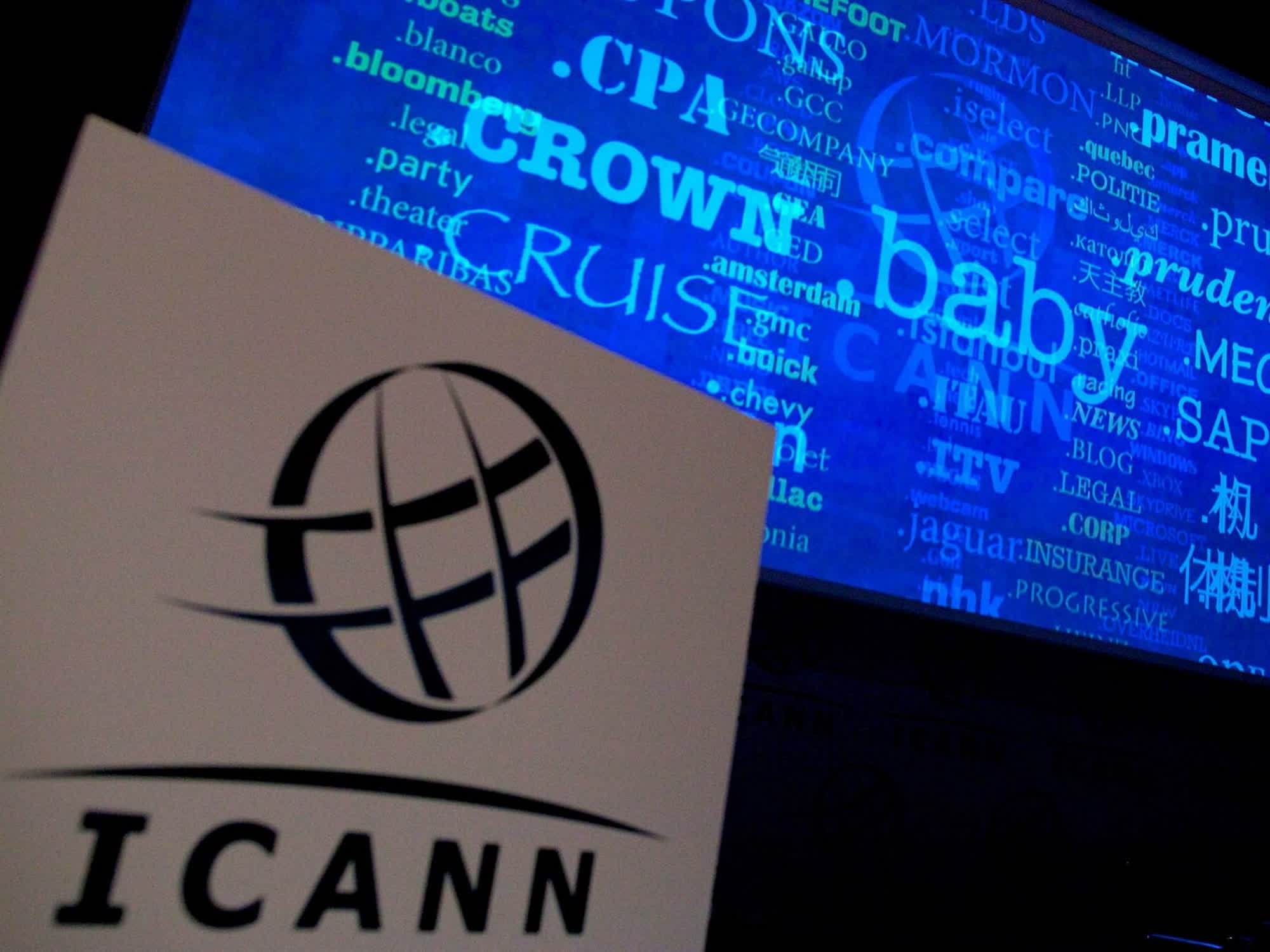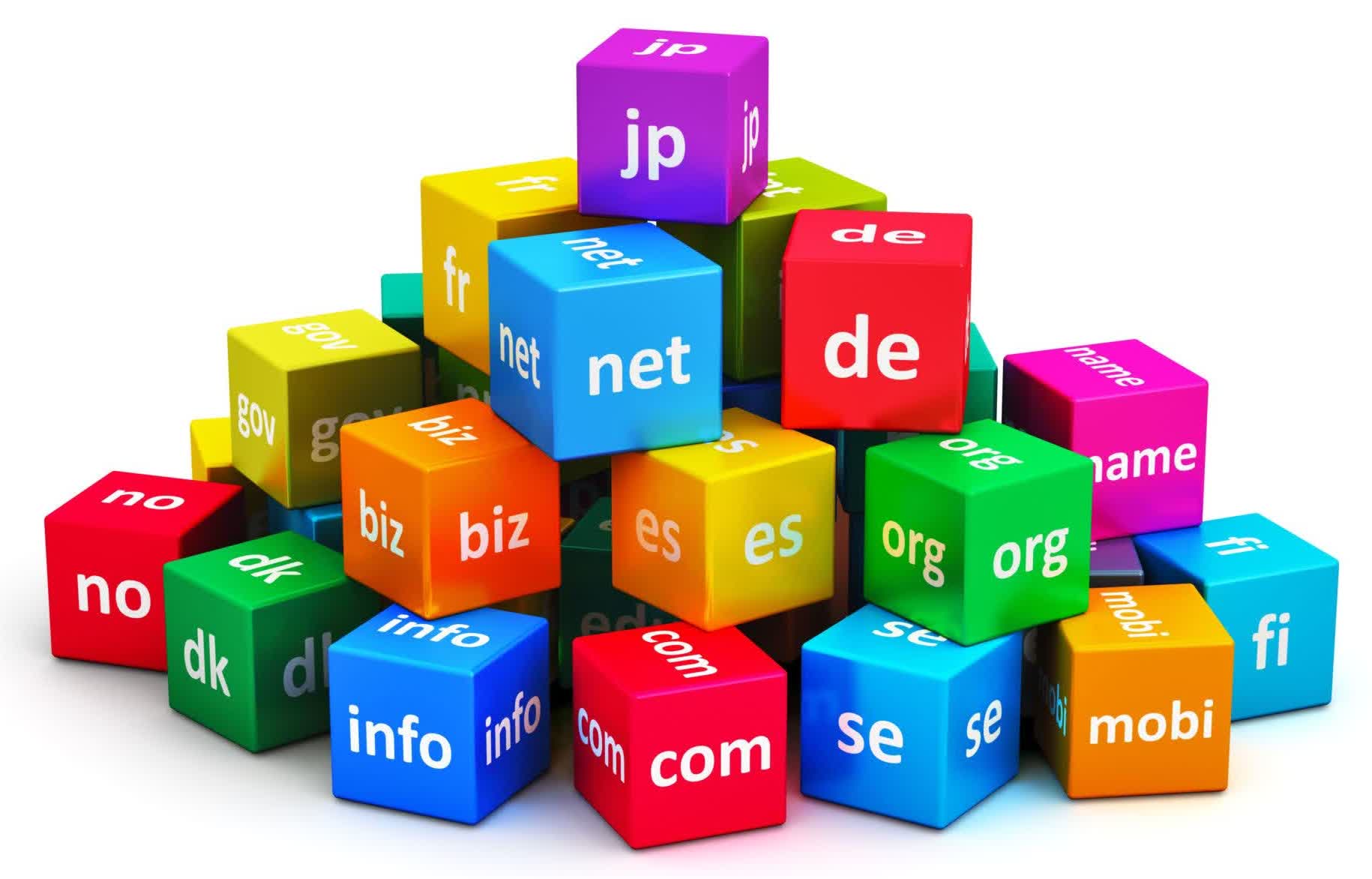Why it matters: The Internet Corporation for Assigned Names and Numbers (ICANN) is a non-profit entity that oversees the Domain Name System (DNS) and develops policies for new generic top-level domains (TLDs). The US-based organization is now proposing to adopt a new domain string for exclusive private use cases.

In September 2020, ICANN initiated discussions about a new TLD string reserved for private use. Four years later, the proposal has reached its final stage, with ICANN seeking public comments before adopting the new policy. The ".INTERNAL" domain is likely to become a new standard definition for private networks within the DNS system.
The new domain would serve the same purpose as the 192.168.x.x IPv4 block, which is utilized to identify internal network resources without relying on the DNS system. In 2020, ICANN observed that many enterprises were using "ad hoc" TLD solutions (such as .lan, .dlink, etc.) not present in the DNS root zone.
This utilization of custom domain names is uncoordinated and can "cause harm" to internet users, according to ICANN. It puts a burden on DNS servers, dealing with queries for non-standard domains used only internally. Since DNS cannot prevent the internal use of ad hoc TLDs, ICANN's Security and Stability Advisory Committee (SSAC) recommended adopting a new domain explicitly reserved for internal networks.

The consultation process yielded 35 different candidate strings, which underwent checks to avoid conflicts with pre-existing TLD names. The new private domain was intended to be "memorable and meaningful" and suitable for use in Arabic, Chinese, English, French, Russian, and Spanish. After an extensive debate, SSAC rejected nearly all the domain candidates for being unsuitable or meaningless.
Ultimately, the committee narrowed it down to two domain candidates: .PRIVATE and .INTERNAL. The .PRIVATE domain was dismissed due to its potential to suggest unintended privacy implications, according to ICANN. Additionally, it could have conflicting meanings across the assessed languages.
Internet stakeholders, including major companies, system administrators, and private users, can now submit comments to ICANN before the proposed adoption of the new .INTERNAL domain in April 2024. While ICANN cannot compel private entities to avoid using their own namespace conventions, the organization emphasizes that using standard sub-domains of already registered public domain names remains the best practice for naming internal resources.
https://www.techspot.com/news/101685-icann-reserve-internal-top-level-domain-private-networks.html